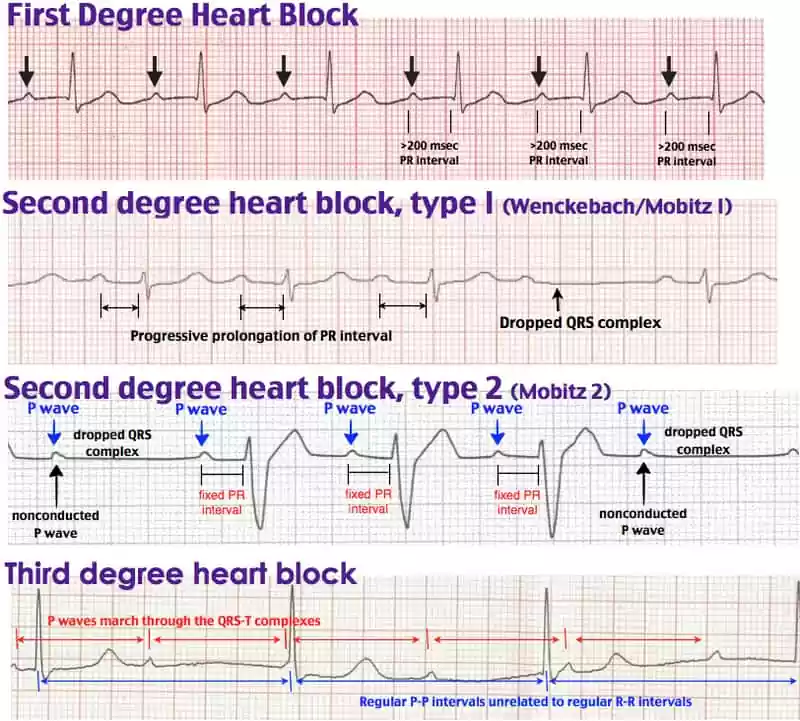FTC disclaimer: This post may contains affiliate links and we will be compensated if you click on a link and make a purchase.
Heart blockage is the most common term used to refer to coronary artery disease (CAD). Heart block’s main reason is due to disruption in the electrical conduction system of the heart.
This electrical conduction system of the heart is responsible for signals transmission generated usually by the sinoatrial node, which causes contraction of the heart muscle or the heart’s beating.
This blockage can result in a missed heartbeat, and in some cases, the heart may stop up to 20 seconds.
Moreover, this may be due to some blood vessels’ blockage, or injury or damage of heart muscles.
Furthermore, the blockage of blood vessels also commonly term as hardening of arteries or clogged blood vessels.
More importantly, a completely blocked coronary artery will cause a heart attack.
Nevertheless, there are various other factors, such as lack of proper exercise, stress, and high blood pressure, resulting in heart blockage.
Usually, no symptoms of heart blockage are observed.
Heart block is mainly of three types – first-degree heart block, second-degree heart block, and third-degree heart block.
Common Symptoms of Heart Blockage in Males
Some of the most common heart blockage symptoms in men according to the type of heart block are :
First Degree Heart Block
You will occasionally feel “Skipped heartbeat,” one of the most commonly known symptoms of first-degree heart blockage.
These are referred to as minor heart disruptions, which are the least severe and do not require immediate medical attention.
Second Degree Heart Block
Fainting and dizziness are commonly found second-degree heart blockage symptoms in men.
Men who seem to faint, feel dizziness, and experience nausea while doing little physical work or without any possible cause might diagnose themselves for heart blockage.
When some of the heart’s natural pacemaker’s electric signals do not reach the heart, a drop in a heartbeat is observed, resulting in fainting, dizziness, etc.
In this condition, the person may need an artificial pacemaker for treating.

Third Degree Heart Block
Third-degree heart block is known as a complete heart block. In this condition, the electric signals stop entirely between the upper chamber of the heart and the heart’s lower chamber.
This condition requires immediate medical attention, and if left untreated, can result in a severe heart attack. It can be treated with an artificial pacemaker.
Commonly observed third-degree symptoms of heart blockage in men include
- Bradycardia, which means experiencing a slower heartbeat (less than 60 beats per minute)
- Hypotension, which means low blood pressure (BP < 90/60)
- Hemodynamics Instability means instability of the inflow of blood in our body.
The Bottom Line
This is not a detailed explanation of the heart blockage but a quick guide on understanding what heart blockage is and how it works.
The early sign or symptoms of heart blockage in males can be reversed back by adopting a natural lifestyle.
You can adopt a healthy diet by increasing more fiber in your diet and avoid processed and junk foods in your lifestyle.
Moreover, taking quality supplements such as omega-3 fatty acids can decrease triglycerides and lower your blood pressure.








